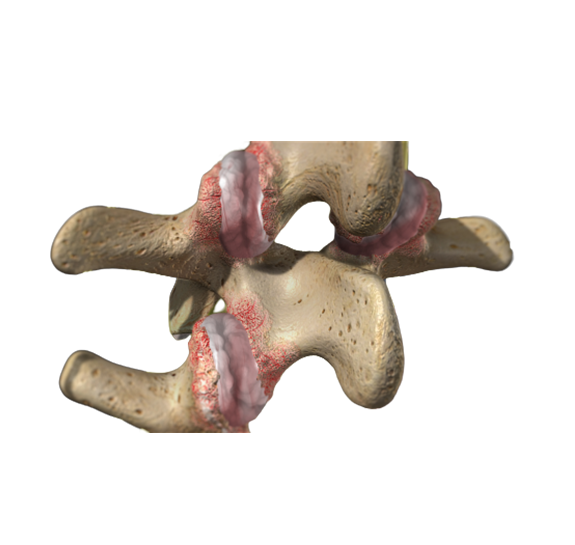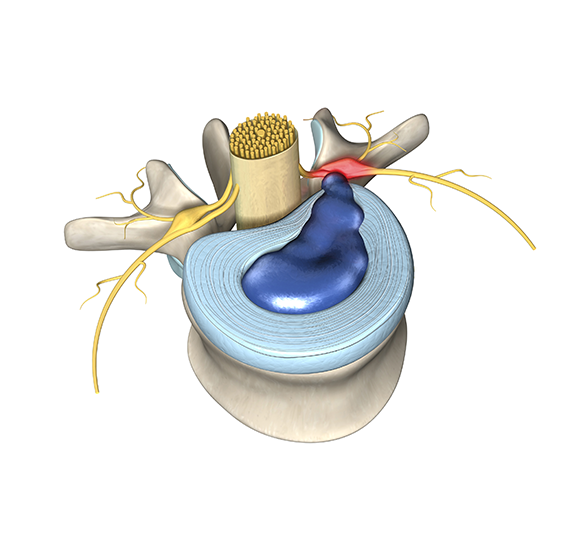What you should expect before and after spine surgery
Even compared to other surgical procedures, spine surgery can be a particularly daunting form of treatment. While minimally invasive, outpatient spine surgery addresses many of the concerns that patients have, such as overnight hospitalization and a long incision, it is still natural to have concerns and questions. In addition to the actual surgical procedure, many people are constantly seeking information about the period before and after surgery.
Taking an active role in the pre- and postoperative phases of spine surgery can have a positive impact on your recovery and ability to return to a better quality of life. At Best Practice Health, we’re passionate about connecting patients to the information they need to have an active and empowered role in their treatment journey.
We’ve prepared the following guide to help you better understand what to expect and approach this important decision with confidence.
Minimally invasive spine surgery — what to know before
Spine surgery usually becomes a consideration for patients who have exhausted conservative treatment options without finding relief. Spine conditions treated by surgery can include age-related conditions like spinal arthritis and bulging or herniated discs, as well as issues related to traumatic injury.
There are many factors to consider before someone can be determined to be a potential candidate for spine surgery. Some specific conditions are inoperable, while other risk factors like smoking or being seriously obese can make complications more likely to develop.
In the period before surgery, it is important to follow all of your preoperative steps. This typically includes stopping any medications that could interfere with the procedure, arranging for a companion who can assist you during the recovery phase, and preparing your home and work to make it easier to move around as you return to full activity.
When patients arrive at the outpatient facility, they can expect the following during the preoperative phase of care:
- A streamlined experience designed with your busy schedule in mind
- Full evaluation and review of your medical history to identify any risk factors
- A friendly and caring staff who takes the time to explain tests and procedures
- Thorough preoperative instructions on how to prepare the night before and morning of surgery
The recovery and rehabilitation phase
One of the most appealing features of minimally invasive spine surgery is that it can be performed on an outpatient basis, avoiding the necessity for overnight hospitalization and associated risks. Patients in the recovery phase need to follow their detailed postoperative instructions regarding when to return to normal activities and signs of complications to watch out for. Although many outpatient centers can boast a nearly 0% infection rate and a 99% patient satisfaction rating, any procedure carries some level of risk, and we want patients to be thoroughly educated.
During recovery, patients will often work with a physical therapist or other professional to learn exercises, stretches and movements that help to stabilize the spine, improve range of motion in the neck and/or back, and increase blood flow to the surgical area.
Best Practice Health believes that by giving you the information you need, you can have the best chance of returning to the quality of life you deserve. Contact us today to talk to one of our care coordinators with any further questions.






